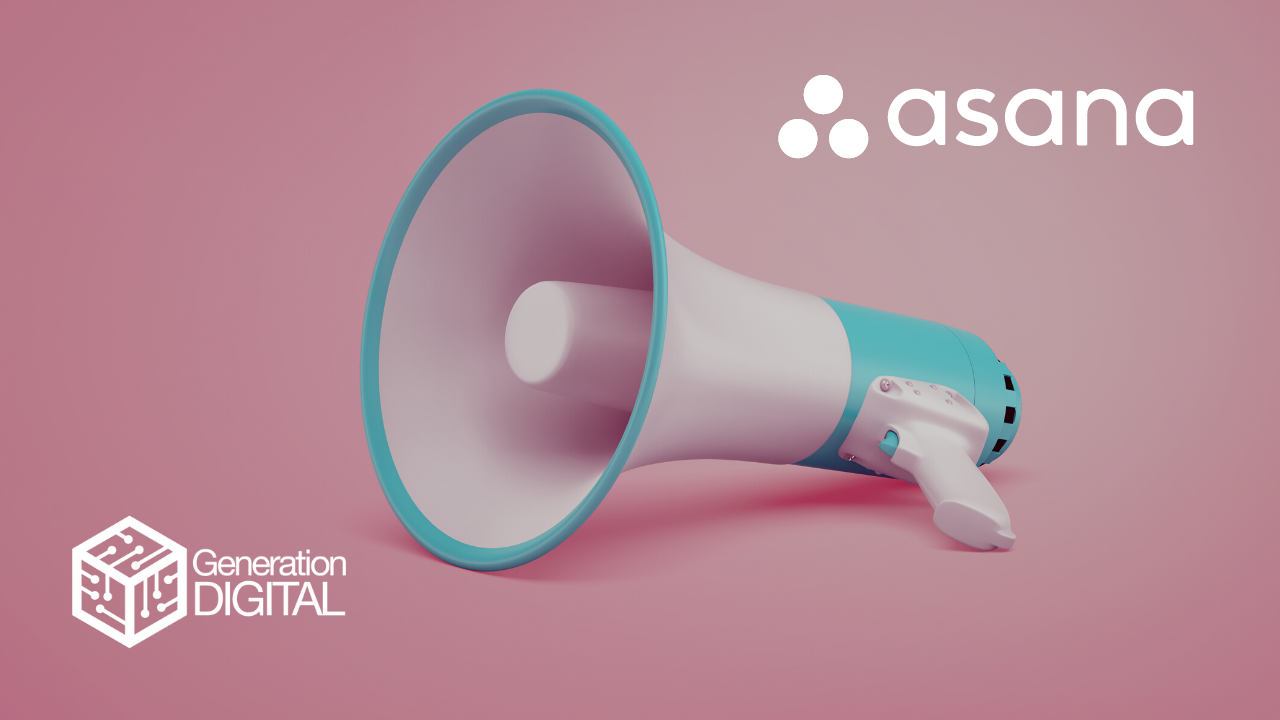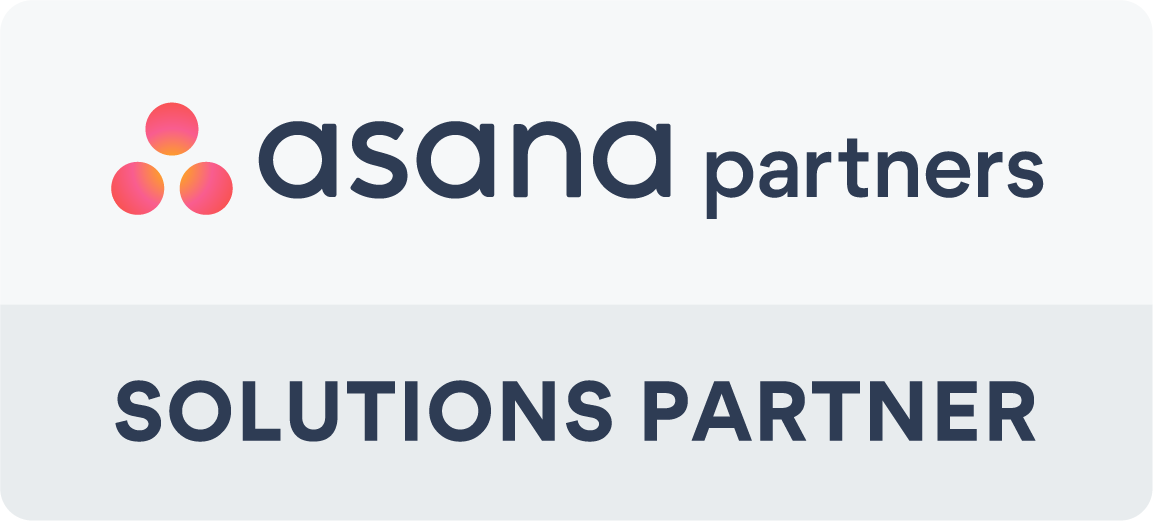How AI is Revolutionising Work
Artificial Intelligence (AI) is transforming the modern workplace, bringing unprecedented changes to how we perform tasks, make decisions, and interact with technology. This revolution is not just about replacing human labor but enhancing our capabilities and efficiency. Here’s how AI is making a significant impact:
1. Automating Routine Tasks
One of the most immediate and noticeable impacts of AI in the workplace is the automation of repetitive and mundane tasks. AI-powered tools and systems can handle data entry, scheduling, email management, and other routine activities, freeing up employees to focus on more complex and creative tasks. This not only increases productivity but also improves job satisfaction as workers can engage in more meaningful work.
2. Enhancing Decision-Making
AI systems can process vast amounts of data quickly and accurately, providing insights and recommendations that help in making informed decisions. For instance, AI-driven analytics can identify trends, predict customer behaviour, and optimise supply chain operations. By leveraging AI, businesses can make decisions based on data rather than intuition, leading to better outcomes and more strategic planning.
3. Enabling Personalisation
In fields such as marketing, customer service, and human resources, AI allows for a high degree of personalisation. AI algorithms can analyse individual preferences and behaviours to tailor recommendations, offers, and communications. This personalisation enhances customer satisfaction and engagement, as well as employee experience through customised training and development programs.
4. Prioritising AI in Business Strategies
AI's transformative potential is recognised by executives across industries. Approximately 50% of executives now consider AI as their number one priority. This highlights the strategic importance of AI in driving innovation, improving efficiency, and gaining a competitive edge in the market.
5 Guiding Principles for Human-Centered AI
As AI continues to evolve, it’s crucial to ensure that its development and implementation are centred around human needs and values. Here are five guiding principles for creating human-centred AI:
1. Help People Achieve Their Goals
AI should be designed to assist individuals and organisations in reaching their objectives. This means creating tools that are intuitive, efficient, and effective in supporting users’ aspirations and needs. By focusing on goal achievement, AI can enhance productivity and satisfaction.
2. Design for Human and AI Teams
AI systems should be developed with the intention of fostering collaboration between humans and AI. This involves designing interfaces and functionalities that complement human skills, promoting seamless integration, and ensuring that AI enhances rather than hinders teamwork.
3. Making People Accountable for Their Decisions
While AI can provide recommendations and insights, the ultimate responsibility for decisions should rest with humans. AI systems should be designed to support human decision-making, ensuring that users have the final say and are accountable for their choices. This principle reinforces the importance of human oversight and ethical considerations.
4. Commitment to Safety in the Short and Long Run
AI development must prioritise safety, both in the immediate application and long-term impact. This includes implementing robust security measures, continuously monitoring for potential risks, and ensuring that AI systems are resilient against misuse or malfunction. Commitment to safety ensures the responsible deployment of AI technologies.
5. Transparency in Practice and Product
Transparency is essential for building trust in AI systems. This involves clear communication about how AI works, what data it uses, and how decisions are made. Transparency should be embedded in both the development process and the final product, enabling users to understand and trust AI-driven outcomes.
How Asana is Using AI to Make Better Decisions and Maximise Impact
Asana, a leading work management platform, is leveraging AI to enhance productivity and drive impactful decisions within organisations. Asana’s overarching goal is "helping humanity thrive by enabling the world's teams to work together effortlessly." Here’s how Asana is integrating AI into its platform:
1. Intelligent Task Management
Asana uses AI to streamline task management by predicting deadlines, suggesting task priorities, and automating routine processes. AI algorithms analyse past project data to recommend optimal timelines and resource allocations, helping teams stay on track and meet their goals more efficiently.
2. Enhanced Collaboration
AI-powered features in Asana facilitate better collaboration among team members. For example, natural language processing (NLP) helps in converting meeting notes into actionable tasks automatically. AI can also identify potential bottlenecks in workflows and suggest improvements, ensuring smoother project execution.
3. Data-Driven Insights
Asana’s AI capabilities provide teams with powerful analytics and insights. By aggregating and analyzing project data, AI helps in identifying patterns, tracking performance metrics, and forecasting future trends. These insights enable teams to make informed decisions, optimize strategies, and allocate resources more effectively.
4. Personalisation and Customization
AI in Asana personalises the user experience by adapting to individual work habits and preferences. It can suggest task assignments based on a user’s past performance and workload, tailor notifications to reduce distractions, and provide customised project templates. This personalisation enhances productivity and user satisfaction.
5. Continuous Improvement
Asana continually improves its AI features by learning from user interactions and feedback. This iterative approach ensures that the AI evolves to meet the changing needs of users, offering increasingly sophisticated tools for work management. Regular updates and enhancements keep the platform at the forefront of AI-driven work solutions.
In conclusion, AI is revolutionising the workplace by automating tasks, enhancing decision-making, and enabling personalisation. With approximately 50% of executives prioritising AI, its strategic importance in business is clear. By adhering to human-centred principles, we can ensure that AI benefits society equitably. Platforms like Asana exemplify how AI can be harnessed to improve productivity, collaboration, and impact in the modern workplace, ultimately helping humanity thrive by enabling seamless teamwork.




